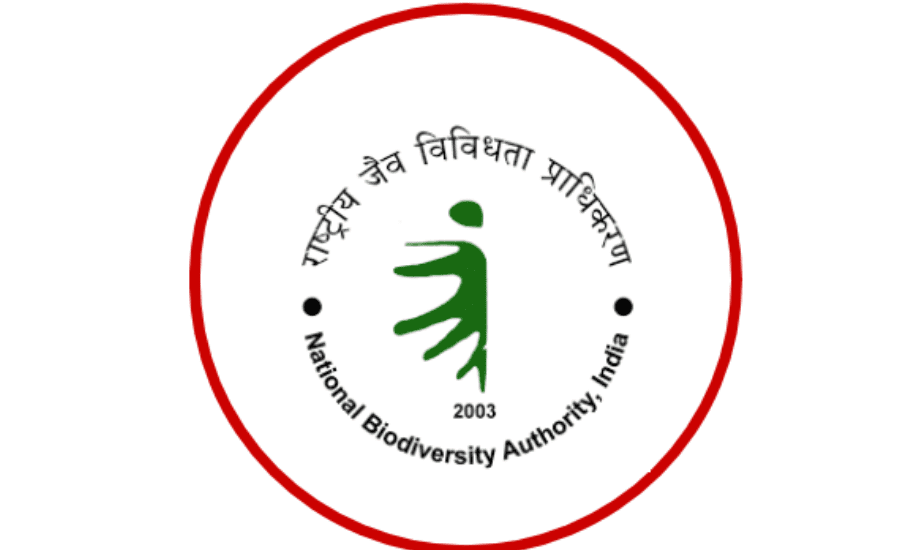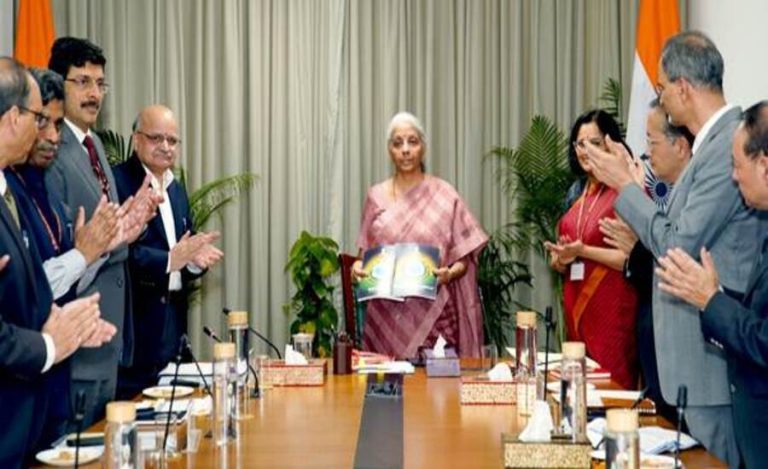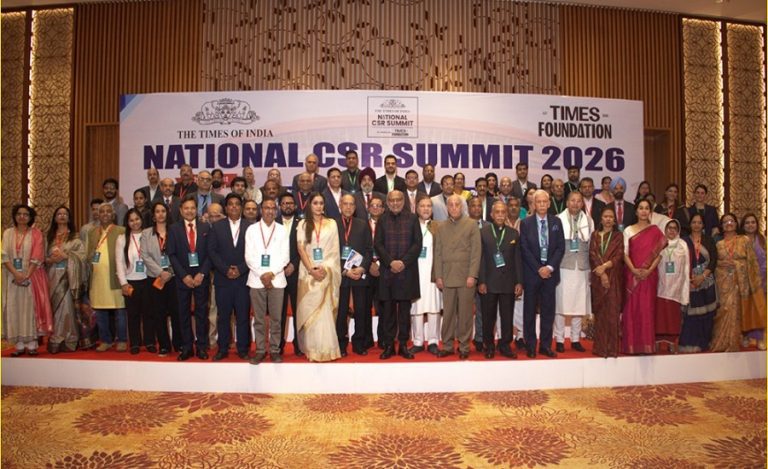New Delhi: In a significant move to support biodiversity conservation at the grassroots level, the National Biodiversity Authority (NBA) has released ₹18.3 lakh to Biodiversity Management Committees (BMCs) in Uttar Pradesh (UP) and Sikkim. The funds are part of the Access and Benefit Sharing (ABS) mechanism under the Biological Diversity Act, 2002, which aims to ensure equitable sharing of benefits arising from the use of biological resources.
This allocation marks an important step in empowering local communities and institutions to take charge of biodiversity management and conservation in their respective regions. The funds were directly transferred to the State Biodiversity Boards, which then disbursed the amount to the concerned BMCs.
Direct Transfer to Local BMCs for Effective Use of Funds
The ₹18.3 lakh has been distributed to two specific Biodiversity Management Committees:
- Narrau Village Biodiversity Management Committee, located in Akrabad Kaul Taluk, Aligarh District, Uttar Pradesh
- Biodiversity Management Committee in the Lampokhari Lake Area, Aritar, Sikkim
These BMCs were selected due to their pivotal role in managing and conserving biodiversity in their respective regions. The funds will aid in the continued efforts to protect the diverse biological resources in these areas, promoting sustainable use and ensuring that local communities benefit from the conservation work.
Role of Access and Benefit Sharing in Biodiversity Conservation
The Access and Benefit Sharing (ABS) mechanism is a key feature of the Biological Diversity Act, 2002, designed to promote fair and equitable sharing of benefits derived from the use of biological resources. Under the ABS framework, entities accessing biological resources, such as plants, animals, or microorganisms, are required to share a portion of the benefits with the local communities that conserve these resources.
In the case of Narrau village, a company accessed crop materials from the region for the production of fermentable compounds from lignocellulosic biomass. This research-based commercial activity led to the release of funds to the local BMC as part of the ABS process.
Similarly, in the Lampokhari Lake area of Sikkim, another company accessed microorganisms from water and soil samples collected in the region for scientific research. The benefits from this research also contribute to the ABS mechanism, ensuring that local communities gain financially from the use of their natural resources.
Empowering Local Communities and Biodiversity Management Committees
The release of these funds aligns with the NBA’s broader mission to promote community-driven biodiversity conservation. By supporting local BMCs, the NBA aims to empower communities to become active custodians of their natural resources. The funds will enable these committees to engage in sustainable management practices, biodiversity conservation initiatives, and eco-friendly livelihood programs.
The BMCs will also use the funds to strengthen their role in biodiversity monitoring, awareness campaigns, and capacity-building efforts to further their conservation goals. This initiative is a critical step in ensuring that the wealth of India’s biodiversity is protected for future generations, while also enabling local communities to benefit economically.
India’s Commitment to Biodiversity Conservation
The release of funds underscores India’s commitment to fulfilling its obligations under the Convention on Biological Diversity (CBD), which emphasizes the need for equitable sharing of benefits arising from the utilization of genetic resources. India has been an active participant in the global effort to conserve biodiversity and implement mechanisms such as Access and Benefit Sharing to protect its diverse ecosystems.
India is home to some of the world’s most rich and varied flora and fauna, and conserving these resources is vital to maintaining ecological balance and sustainable development. The support for local BMCs is part of a larger national effort to ensure that biodiversity conservation is a community-driven process, with tangible benefits flowing back to the regions that preserve these vital resources.
About the National Biodiversity Authority (NBA)
The National Biodiversity Authority (NBA) is a statutory body under the Ministry of Environment, Forest and Climate Change, Government of India. Established under the Biological Diversity Act, 2002, NBA’s primary role is to regulate the use of India’s biological resources and ensure the equitable sharing of benefits arising from their use.
Supporting Sustainable Conservation and Local Communities
The ₹18.3 lakh released to the Biodiversity Management Committees in Uttar Pradesh and Sikkim is a critical step toward promoting sustainable biodiversity conservation in India. By empowering local communities and ensuring they benefit from the use of their natural resources, India is taking significant strides toward preserving its rich biodiversity while fostering equitable growth.
Read also: National Biodiversity Authority Sanctions ₹82 Lakh for Red Sanders Conservation in Andhra Pradesh




























